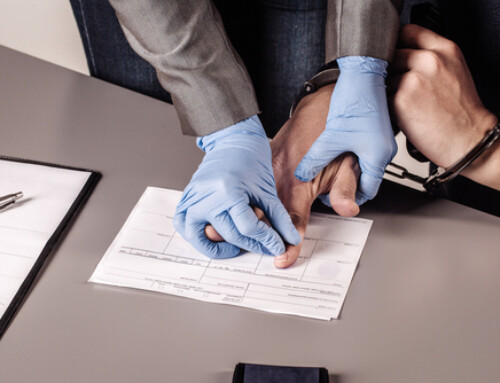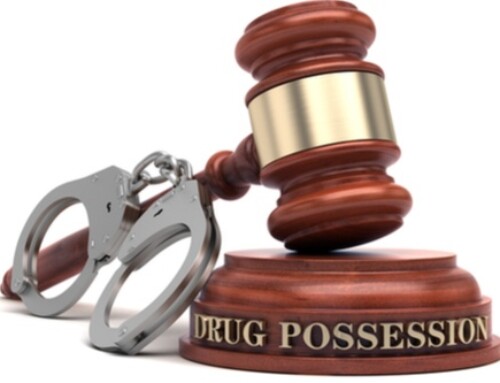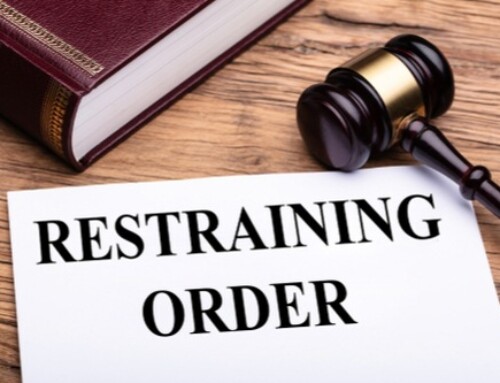You have been charged with a crime in South Carolina. Maybe you were falsely accused, maybe you got caught red-handed, or maybe you don’t know whether you are guilty of the offense with which you have been charged. Whatever the case may be, you need to defend yourself, and you need to start making informed decisions right away.
When it comes to facing criminal charges in South Carolina, what is true, and what isn’t? Unfortunately, the Internet is filled with myths and faulty assumptions. Learning about your legal rights can be a challenge, and relying on misinformation can be severely detrimental to your defense. With this in mind, here are some important facts you need to know:
True or False: A Misdemeanor is Not a Serious Crime.
False. In South Carolina, misdemeanors carry serious fines and jail time.
In South Carolina, facing any type of criminal charge is an extremely serious matter. The South Carolina Code of Laws establishes three classes of misdemeanor offenses (Class A, Class B, and Class C), and the maximum jail sentence for a Class A misdemeanor is three years jail time. Even for the “least-serious” Class C misdemeanor offenses, defendants can still face up to a year in jail. Misdemeanors carry fines (and potentially other penalties) as well and having any type of criminal conviction on your record can make it more difficult to get into school, get (and keep) a well-paying job, and find suitable housing.
True or False: If You are a First-Time Offender, the Judge Will Sentence You to Probation.
False. While probation is a possibility in some cases, first-time offenders can (and do) face jail time in South Carolina.
There is a common perception that judges take it easy on first-time offenders. The theory seems to be that the judge will recognize that you made a mistake, and will use his or her sentencing discretion to give you a second chance.
In reality, this isn’t how it works. While probation will be a possibility in some cases, as a defendant, it is up to you to convince the judge (or the prosecutor during plea deal negotiations) that you do not deserve to spend time in jail. If the facts and the law are not on your side, there is a very good chance that you could end up spending at least some amount of time behind bars.
True or False: If the Police Didn’t Read Your Miranda Rights, You Can’t Be Convicted.
False. Failure to read your Miranda rights can support a motion to exclude certain evidence from your case, and this may or may not be enough to prevent a conviction.
The obligation for the police to read suspects their Miranda rights is ingrained in our criminal justice system, but most people do not have a clear understanding of how and when it applies. In order for the police to have an obligation to read your rights, they must be conducting an “interrogation” in “custody”. If you voluntarily share self-incriminating information, or if you have not yet been taken into custody, then the U.S. Supreme Court’s ruling in Miranda v. Arizona does not apply.
Even if the police failed to read your rights, this does not have any automatic impact on your case. You must raise the issue in court, and you must convince the judge that the failure warrants excluding certain evidence from your trial. While this might mean that the state no longer has a case, the prosecutor’s office could still have other evidence it can use to convict you.
True or False: If You are Innocent, Hiring a Lawyer Will Make You Look Guilty.
False. If you are facing criminal prosecution and the possibility of a life-altering conviction, your only real option is to hire an experienced defense lawyer.
Hiring a lawyer does not make you look guilty. If you have been charged with a crime, the prosecutor’s office, the judge, the jury, and just about everyone else expects you to do everything you possibly can to protect yourself. Prosecutors, judges, and jurors know that people get wrongfully accused (and convicted), and they know that trying to defend yourself – even if you are clearly innocent – is a risk that is not worth taking.
True or False: If You are Guilty, There Isn’t Anything a Defense Lawyer Can Do for You.
False. Even if you think you are guilty, there are still several strategies an experienced defense lawyer will be able to use to protect you.
When you have been charged with a crime, proving your innocence is just one of numerous ways to defend yourself. From demonstrating that the prosecution doesn’t have the evidence it needs in order to meet its burden of proof to asserting constitutional protections and arguing for lenient sentencing at trial, there are a whole host of ways that an experienced defense lawyer can effectively represent a “guilty” defendant.
But, at this point, it is important to take a step back. How do you know you are guilty? Maybe you did something illegal, but if the prosecution does not have the legally-admissible evidence it needs to secure a conviction, then you are not guilty in the eyes of the law.
True or False: A Criminal Conviction Can Impact All Aspects of Your Life.
True. Beyond fines, probation, and jail time, a criminal conviction can have far-reaching implications long after your sentence has been served.
Regardless of whether you have been charged with a misdemeanor or a felony, regardless of whether you are eligible for probation, and regardless of whether you believe your conviction is unjust, being convicted of a crime in South Carolina can impact all aspects of your life – perhaps for the rest of your life. This isn’t hyperbole. As a defendant, you need to take your case very seriously, and this starts with hiring experienced legal representation.
Contact North Charleston, SC Criminal Defense Lawyer Rad Deaton
Have you been charged with a misdemeanor or felony in North Charleston, SC? To discuss your case with criminal defense lawyer Rad Deaton for free, call 843-225-5723 or request an appointment online now.






